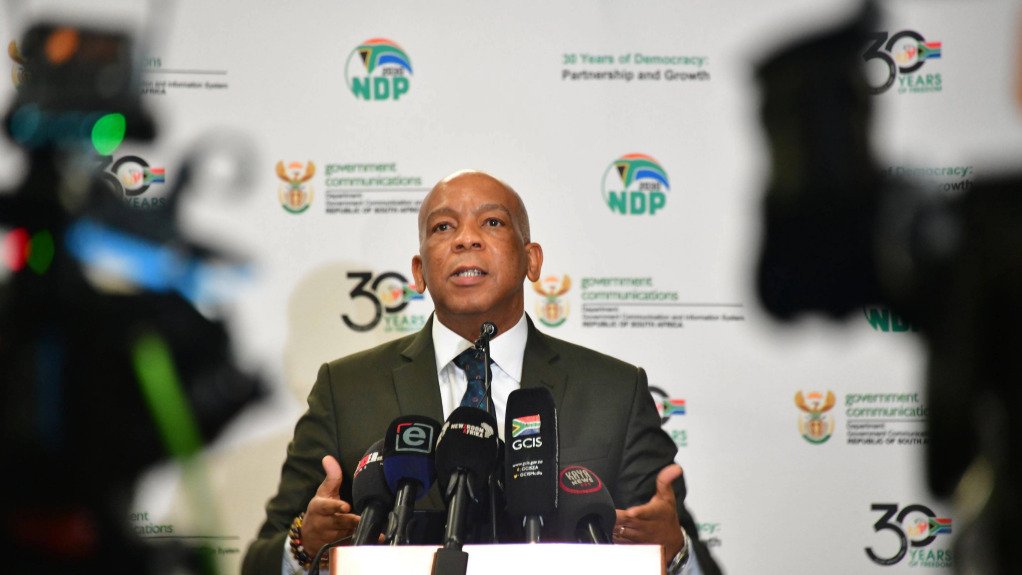Electricity and Energy Minister Dr Kgosientsho Ramokogopa has reaffirmed that deliberations at the National Economic Development and Labour Council (Nedlac) are the “last step left” ahead of Cabinet approval of the updated Integrated Resources Plan (IRP).
In response to a question posed by Engineering News during a briefing on the reasons for the latest bout of loadshedding, Ramokgopa indicated that the Nedlac process was a legislated requirement and that the draft IRP had been delivered to the social partners late last year for their deliberations.
“They will make their report as part of the totality of the submissions that are made by everyone and … to the extent that we think those should be carried into the IRP, we will carry them to the IRP.
“To the extent that we are of the opinion that they will not enhance the IRP, we will make that call and then Cabinet will finally approve,” he said, highlighting that policymaking was the domain of the executive.
“As and when Nedlac completes that process, that is the last step that is left and then we go to Cabinet and then we’ll make the IRP available to the rest of the country and it’s going to guide our work going into the future.”
Ramokgopa could not be drawn on persistent concerns over the content of the latest draft, referred to variously as IRP 2024 and IRP 2025, as well as the public consultation process followed.
Commentators have raise problems with the modelling conducted by the South African National Energy Development Institute, which led to an overhaul of the original, and heavily criticised, draft update published by then Mineral Resources and Energy Minister Gwede Mantashe.
In addition, concern has been raised over what has been described as inadequate public consultations on the latest draft before Nedlac, with stakeholders having been convened at short notice to a meeting where the document, which had not been published beforehand, was shared.
Questions have, thus, been raised about whether the consultation process and the document meet the legal principles of rationality and procedural fairness.
EMAIL THIS ARTICLE SAVE THIS ARTICLE ARTICLE ENQUIRY FEEDBACK
To subscribe email subscriptions@creamermedia.co.za or click here
To advertise email advertising@creamermedia.co.za or click here











